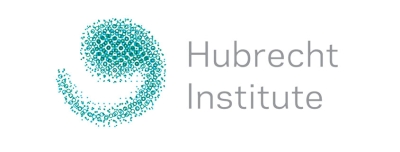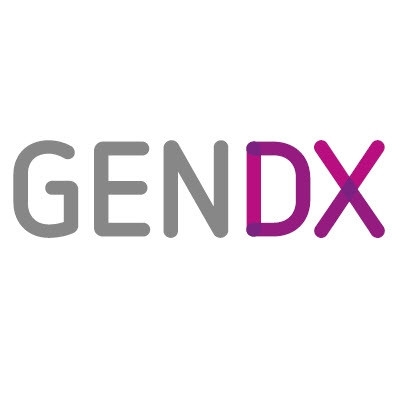Novel diagnostics to match donors and recipients for organ transplantation
For a patient’s body to not reject another person’s organ or cells in transplantation treatments, donor and recipient must have matching HLA genes. In this project, GenDx, a Dutch biotech company specialised in HLA typing and researchers the Hubrecht Institute, which develop novel DNA diagnostic methodologies, collaborated to modify Hubrecht Institute’s proprietary targeted locus cloning (TLC) methods for improved multiplexed HLA genotyping.
The role of the HLA (Human Leukocyte Antigen) gene system is to help the body’s immune system distinguish between its own proteins and foreign proteins. In case of cell or tissue transplantation, to prevent rejection, it is necessary to find the recipient an HLA matched donor. This requires HLA typing, which involves DNA genotyping and comparing the genetic variation of a series of key HLA genes between donor and recipient. The repetitiveness and polymorphic nature of HLA genes presents challenges to the accurate sequencing of HLA genes though, and methodologies for improved, more complete, robust and/or simpler, genetic analysis of HLA genes are desired.
Hubrecht’s TLC relies on bacteria for selective amplification of target genes but partners reasoned that the bacterial amplification step could be replaced by an enzymatic in vitro amplification strategy which can facilitate the simultaneous amplification and analysis of multiple selected HLA genes. If true, the method could result in improved and facilitated HLA typing products to support the identification of donor-recipient pairs that match for cell and tissue transplantation.
Despite intense efforts by a team of expert molecular biologists that resulted in proof-of-concept for PCR-based TLC method enabling the targeted sequence analysis of HLA genes, the product did not reach the sensitivity and specificity required for robust HLA-typing. Partners will therefore discontinue this line of product development.


